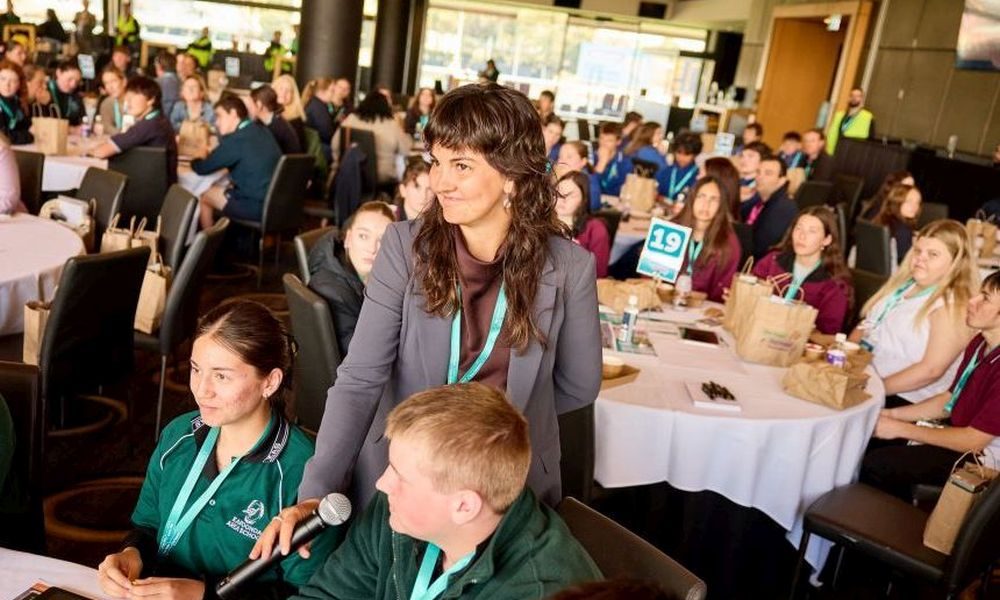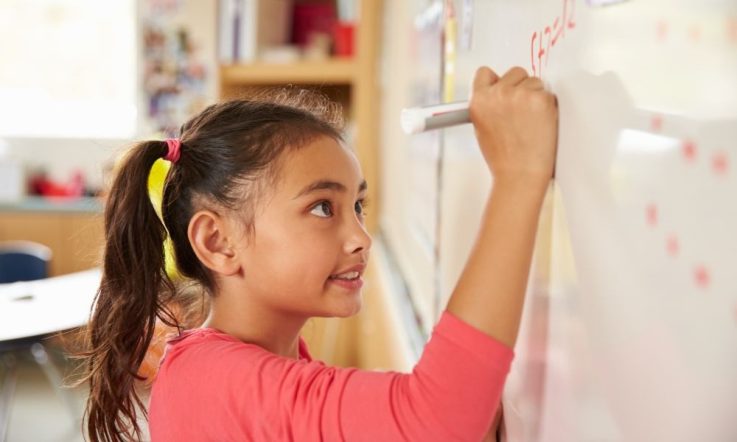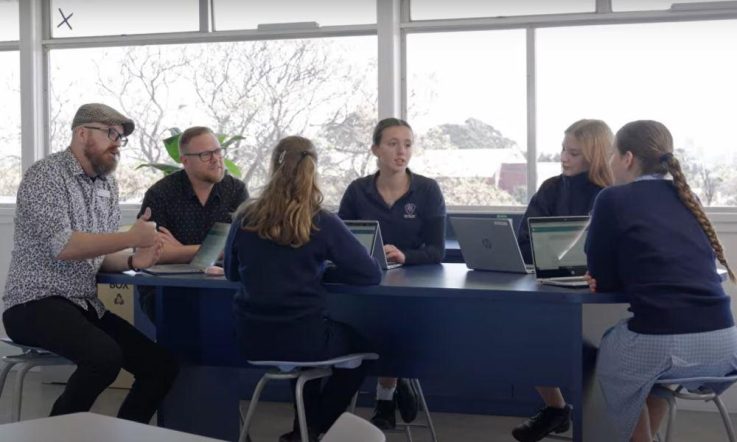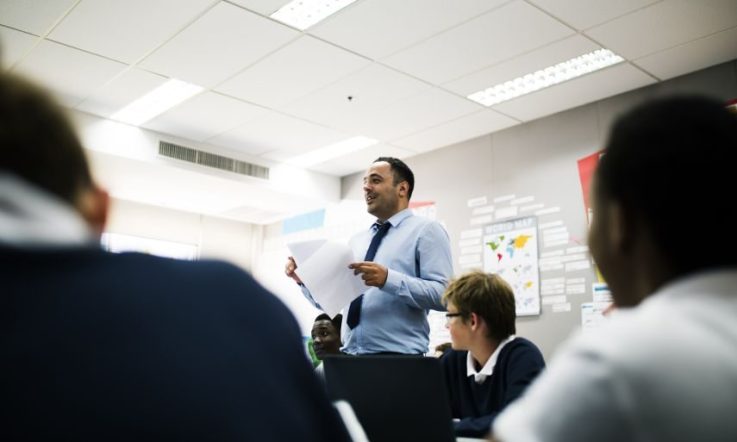Embedding citizenship as a lived reality in our schools
‘How did you not see this coming?’ In my thought experiment, I travel 10 years into the future. The people I meet are frustrated. Life has become harder than it needed to be. Looking back, they all see the warning signs we ignored – and they can’t believe we failed to act when the time was right.
The right time is now. I look around at those warning signs and opportunities to act; opportunities for preschools and schools to make a difference and play a central role. Front of mind are climate change, rising misogyny and racism, excessive individualism, youth mental health, and the ambiguities surrounding artificial intelligence. Similarly, if left unchecked, challenges to democracy could set us on the wrong course – but they don’t have to.
In public education in South Australia, we are taking active steps to help protect democracy through education. This was all brought together at our recent first Active Citizenship Convention, where 1,500 students, educators, policymakers, academics, musicians and community leaders came together from across the state to explore what it means to live and act as part of a democracy, and the role education plays in shaping it.
One of the defining features was the prominence of student voice. Too often, civics and citizenship education is framed about students rather than with them. At the convention, students sat on panels, joined workshops, and shared ideas in informal conversations, offering perspectives on belonging, fairness, and the responsibilities that come with rights. In the ‘lunch with legends’ students engaged with athletes, entrepreneurs, politicians and other leaders from across the political spectrum.
There were plenty of hands-on and engaging opportunities for students. A mock election run with the SA Electoral Commission – complete with political parties, polling booths and ballot papers – was a real hit. As was a relatable media panel featuring young journalists, and a deep dive into AI manipulation.
Students told us how special it felt to hear directly from the Governor of South Australia, the Premier and the Leader of the Opposition, and how important it was to hear the common message that young people can make a difference if they get involved.
What stood out most was young people’s pragmatism. They talked about wanting opportunities to practice citizenship in their schools and communities – not just to learn about political systems, but to experience democracy through leadership, decision-making and service. Their contributions reminded us that citizenship education is most powerful when it is lived.
Students told us, ‘This event has made me think that nothing is going to happen if I sit there and wait’ and ‘I learned that democracy relies on ordinary people being involved in what goes on and caring about the state and people in the government’.
The Active Citizenship Convention was both inspiring and sobering. Inspiring, because of the energy and insight from students and educators committed to building a fairer, more inclusive society. Sobering, because it reminded us of the challenges – the rise of misinformation, the persistence of inequality, and the pressures that can push young people toward disengagement.
As our first Active Citizenship Convention it was a good start, but it cannot be a one-off, standalone event. It represents the broader shift in education toward developing young people’s dispositions and capabilities alongside knowledge.
Preparing students for citizenship means equipping them with the skills to navigate complexity and uncertainty, to discern fact from misinformation, to act with compassion, resilience and courage, and to have the skills and dispositions to disagree agreeably with one another.
Throughout the curriculum, there are opportunities for students to learn how to discuss issues that arise and not fall into the trap of ‘othering’ and hating someone who disagrees with their point of view, however strongly that may be held. The ability to disagree agreeably is a foundational life skill and in danger of being lost under the influence of rage-farming on social media and fringe journalism.
I’ve seen students engage passionately in structured conversations about how technologies that make designer babies possible should be regulated; how the design of the urban environment around their school could be improved; and how they want people to have more pride in their town.
Learning to disagree agreeably starts young. I’ve seen junior primary children discuss whether the Very Hungry Caterpillar is beautiful even before it becomes a butterfly, and don’t get them started on whether an apple will sink or float – ‘What if we peel it?’
We are also investing in professional learning for teachers, developing them as specialists in civics with the ability to bring the subject alive, and opportunities for teachers of all learning areas to help make the learning more meaningful through embedding relevant issues and opportunities for students to grapple with them.
For teachers, the convention was a timely reminder of the profound role we play. Every classroom discussion, every moment of listening, every opportunity we give students to take responsibility is an act of citizenship education.
The convention closed not with a list of answers, but with a challenge: to embed citizenship as a lived reality in our schools. That means rethinking curriculum, assessment, and pedagogy – and creating conditions for students to practise agency, empathy and collective responsibility every day.
As educators, we know that the future of our democracy is being shaped in our classrooms right now. The Active Citizenship Convention gave us both a vision and a responsibility: to ensure that every young person in South Australia has the knowledge, skills and experiences they need to participate fully in civic life.
‘Thank you for seeing this coming.’ I revisit my thought experiment. This time, the people I meet are relieved. Life is better because we acted when the warning signs appeared. They remind me that the choices we make now matter, and with foresight and courage we can shape a brighter future. This is education at its most powerful.



